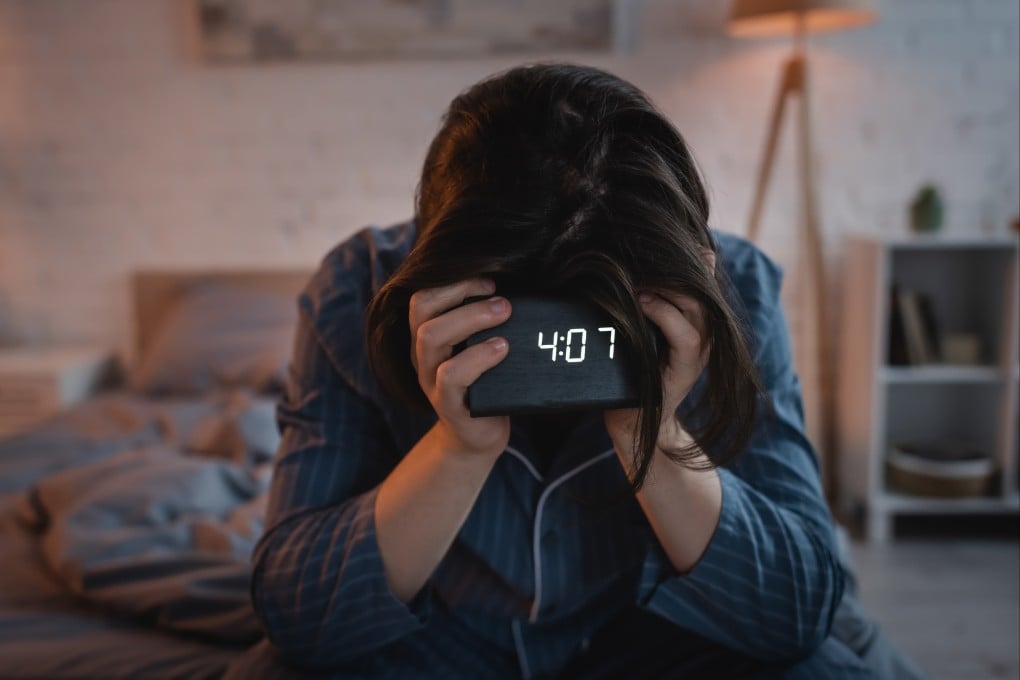Explainer | What happens if you don’t sleep? How cognitive behavioural therapy for insomnia – CBT-i – can help you ‘stop losing sleep over losing sleep’
- A woman who suffered from years of sleepless nights was helped by cognitive behavioural therapy for insomnia – CBT-i – as she recounts in her book
- Experts and ex-insomniacs say the therapy is more effective and safer than medicines; but other, underlying sleep disorders must be discounted first

I couldn’t read Miranda Levy’s The Insomnia Diaries: How I learned to sleep again at night. I speed-read pages midafternoon; reading it too close to bedtime made me think too deeply about my own sleep – or lack of it.
“You’re not the first person to say that,” Levy tells me when I remark that the vivid descriptions of her anxiety about not getting to sleep – or not getting back to sleep – made me fret.
Levy developed grave insomnia after her husband asked for a divorce. She slid quickly from one or two nights of no sleep – which she records in her diaries as “0 hours, 0 minutes” – into weeks, then months, and eventually years of very little sleep.
The insomnia that first stole her sleep robbed her of her work, her social life and her health.

How did it get so bad – a few nights of crippling insomnia ending up as lost years?